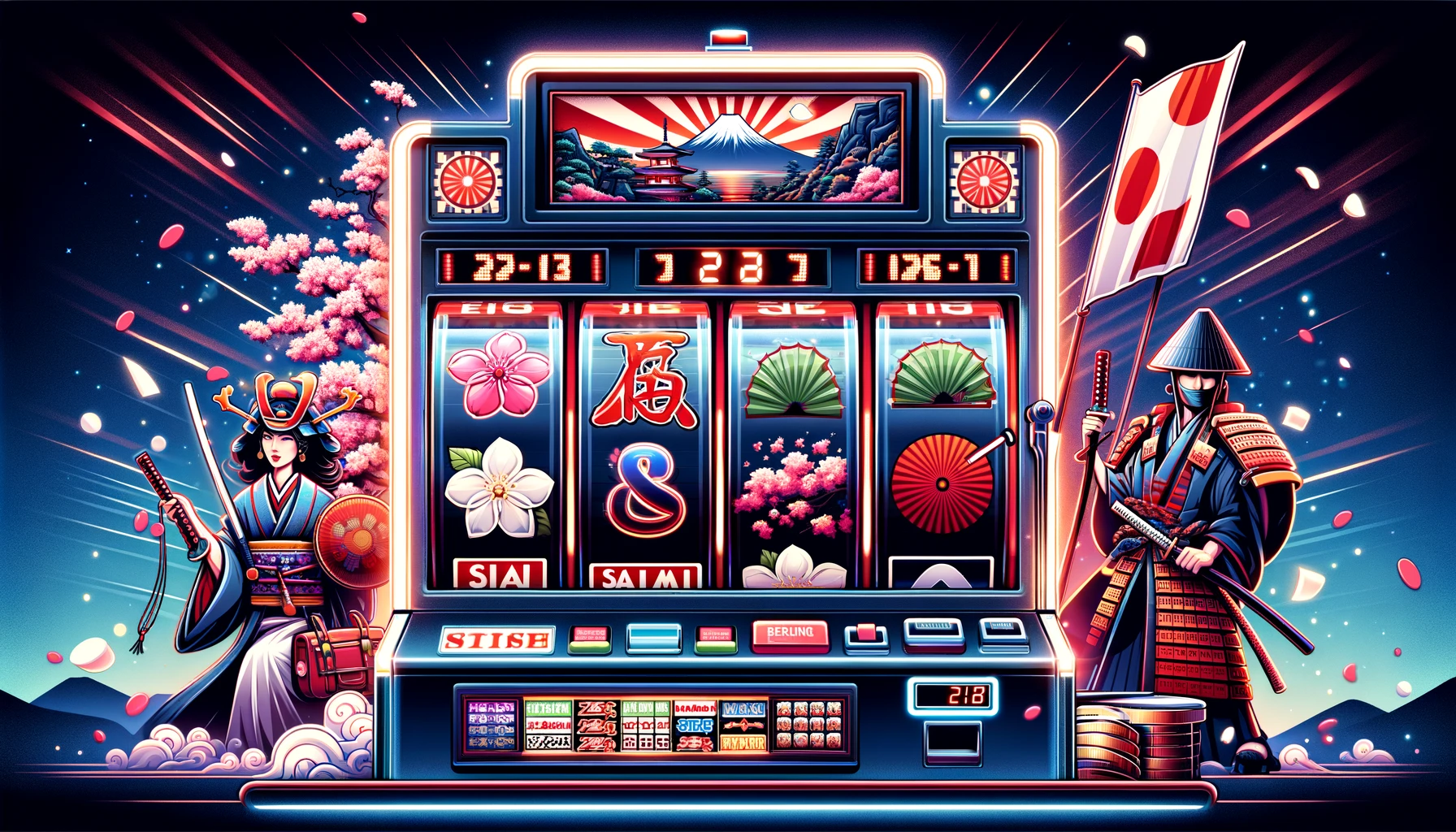Pachinko, a staple in the Japanese entertainment landscape, uniquely combines elements of gambling, arcade gaming, and cultural tradition. This in-depth exploration delves into what Pachinko is, how it works, its rich history, and how it contrasts with the world of online casinos, while also discussing the shift towards online gambling in Japan.
Understanding Pachinko
What is Pachinko?
Pachinko is a mechanical game resembling a vertical pinball machine, extensively popular across Japan. It involves shooting small steel balls into a machine where they navigate through a series of pins; the goal is to capture these balls in certain positions that trigger a cascade of new balls as winnings.
How Pachinko is Played
Players use a knob to control the speed at which balls are launched into the play area. The primary skill element involves timing and controlling the launch speed to optimize the ball’s trajectory towards winning pockets. However, much of the game’s outcome is left to chance, with the balls bouncing unpredictably through the pins.
The Business of Pachinko
Prize Exchange System
Pachinko parlors circumvent Japan’s gambling laws through a unique prize exchange system. Players win additional balls, which they can either use to continue playing or exchange for prizes or special tokens. These tokens can be exchanged for cash at locations separate from the Pachinko parlors, often subtly connected to them.
Historical Context
Evolution of Pachinko
Originally emerging in the 1920s, Pachinko has evolved from a children’s game into a major adult pastime in post-war Japan. Over the decades, the machines have become more sophisticated, incorporating digital technology and advanced mechanics that have enhanced the gaming experience and appeal.
Pachinko vs Online Casinos
Differences in Accessibility and Experience
While online casinos are accessible from personal devices and offer a wide range of gambling games, Pachinko parlors provide a tangible, immersive experience. The bright lights, sounds, and community atmosphere of Pachinko parlors offer a sensory experience that online casinos can’t replicate.
Legal and Regulatory Framework
The legal frameworks governing Pachinko and online casinos in Japan are markedly different. While Pachinko is legally recognized under the amusement and recreation laws, it operates in a legal gray area due to its prize exchange system. This system allows players to exchange non-monetary prizes for cash, making it objectively similar to gambling activities found in online casinos, which remain heavily regulated.
The Shift Toward Online Gambling
Increasing Interest in Online Casinos
As technology evolves and lifestyles become more digital, there’s a noticeable shift among Japanese users towards online gambling platforms. Despite strict regulations, the convenience and accessibility of online casinos are attracting a growing number of players who are looking for gambling experiences that can be enjoyed from home.
Mobile Pachinko and Legal Limitations
In response to this shift, mobile versions of Pachinko have emerged, allowing players to enjoy the game on their smartphones. However, due to legal restrictions, these games do not involve real money gambling, limiting their appeal compared to real money online casino games.
Future Prospects
Technological Innovations and Regulation Changes
As technology advances, both Pachinko machines and online gambling platforms are incorporating more interactive and engaging features. However, the future of these gambling forms in Japan will largely depend on regulatory changes that might either restrict or expand their scope.
In conclusion, Pachinko remains a significant part of Japanese cultural and recreational life, offering a unique gambling experience that distinctly differs from the virtual formats provided by online casinos. As it evolves, it will continue to captivate players with its blend of tradition and innovation, maintaining its status as a beloved national pastime, while online gambling’s potential growth remains closely tied to future legislative developments.

